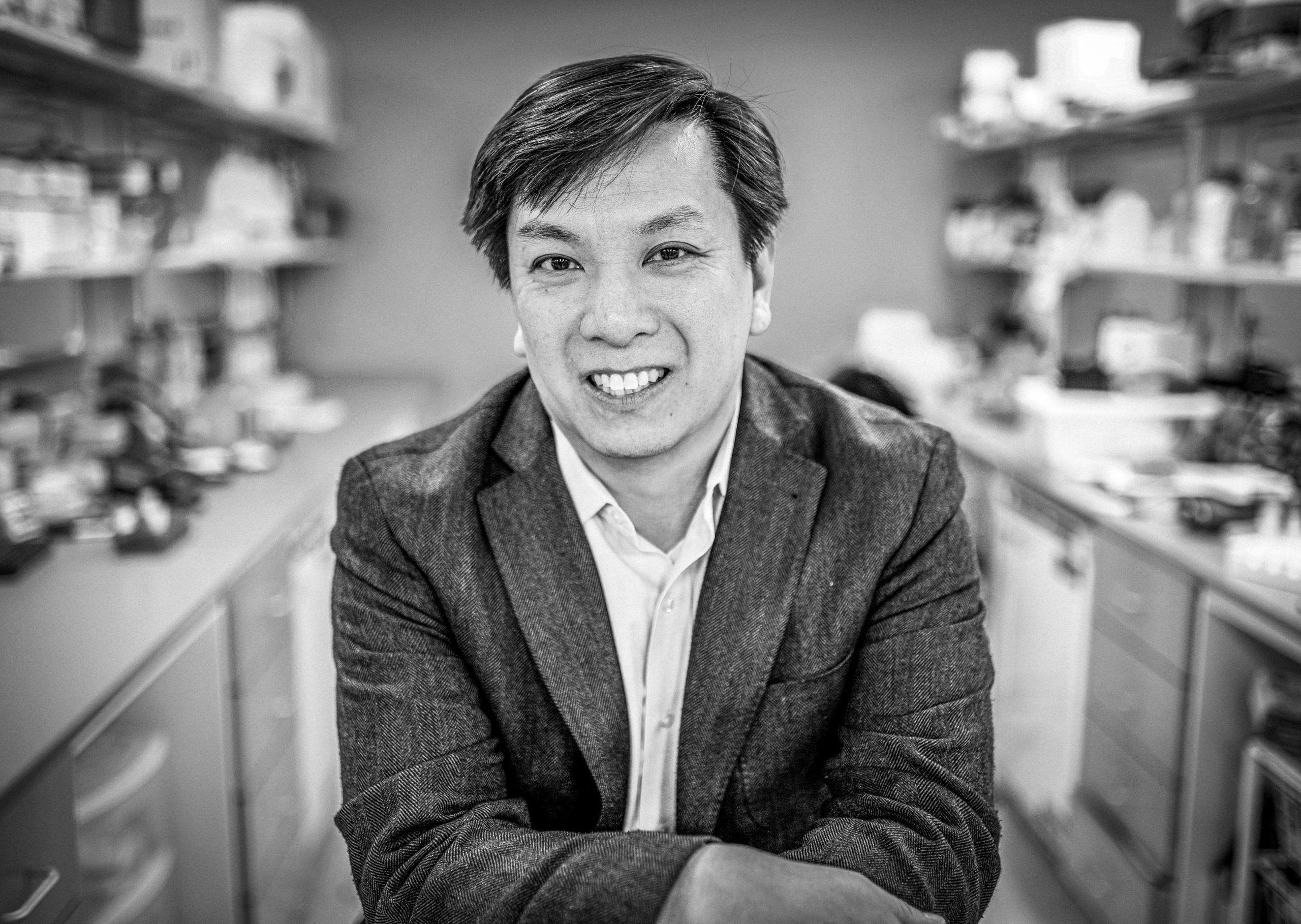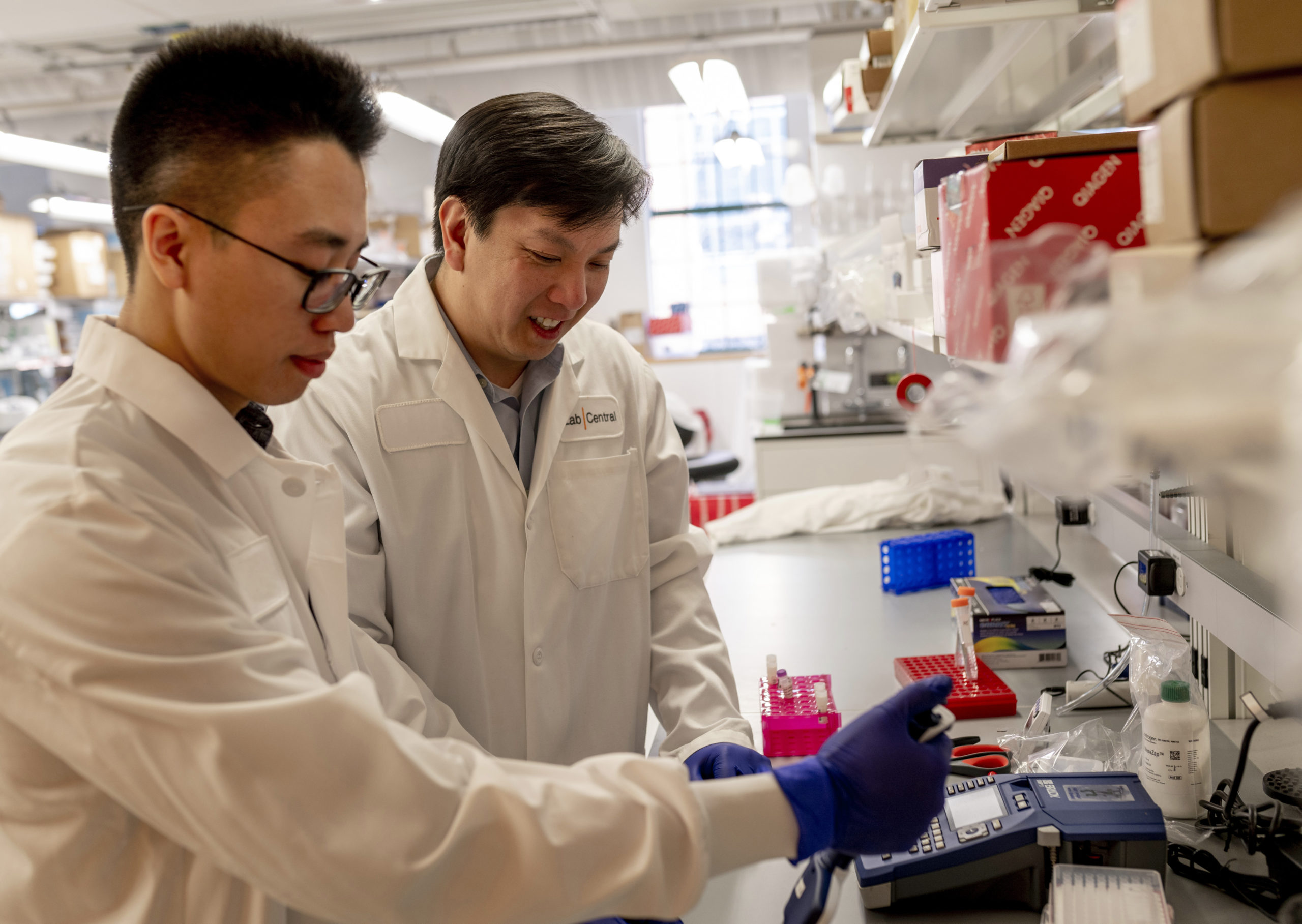Scientific co-founder


A physician scientist, cancer biologist and bioengineer who serves as associate clinical director for innovation at the Massachusetts General Hospital Cancer Center.
David T. Ting is currently a physician scientist, cancer biologist and bioengineer, as well as an associate clinical director for innovation and a gastrointestinal oncologist at the Massachusetts General Hospital (MGH) Cancer Center. He is also an assistant professor of medicine at Harvard Medical School. David’s lab works on understanding RNA expression patterns in cancer to gain biological insight into cancer progression, identify biomarkers for early detection and develop new therapeutic avenues against cancer. His group uses an innovative microfluidic device to capture rare circulating tumor cells (CTCs) in the blood of cancer patients and combines this with next generation RNA-sequencing as a “liquid biopsy” for blood based early detection biomarkers and to understand the molecular underpinnings of cancer metastasis. In addition, David’s group has discovered a new class of non-coding RNAs that appear important for the cancer immune response that they are now developing as a novel cancer therapeutic. During his undergraduate and medical school studies, he trained with Dr. Robert Langer at MIT on drug delivery platforms and completed a Howard Hughes Medical Institute fellowship at the Whitehead Institute at MIT working on stem cell biology with Dr. George Daley, current Dean of Harvard Medical School. David completed internal medicine residency at the MGH and medical oncology fellowship in the combined Dana-Farber Cancer Institute and MGH Cancer Center program. He moved on to post-doctoral training with Daniel Haber’s group at the MGH Cancer Center working on CTCs and novel RNA biomarkers in cancer. David received his B.S. in chemical engineering and biology from MIT, and completed his medical degree at Harvard Medical School from the Harvard-MIT health sciences and technology program with magna cum laude honors.